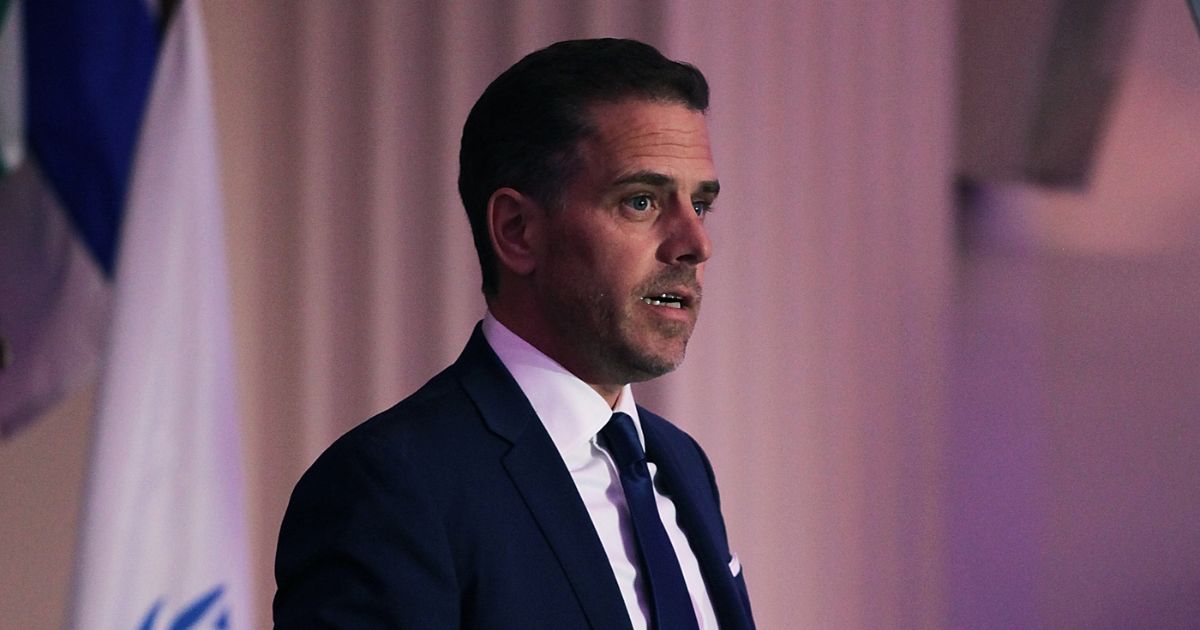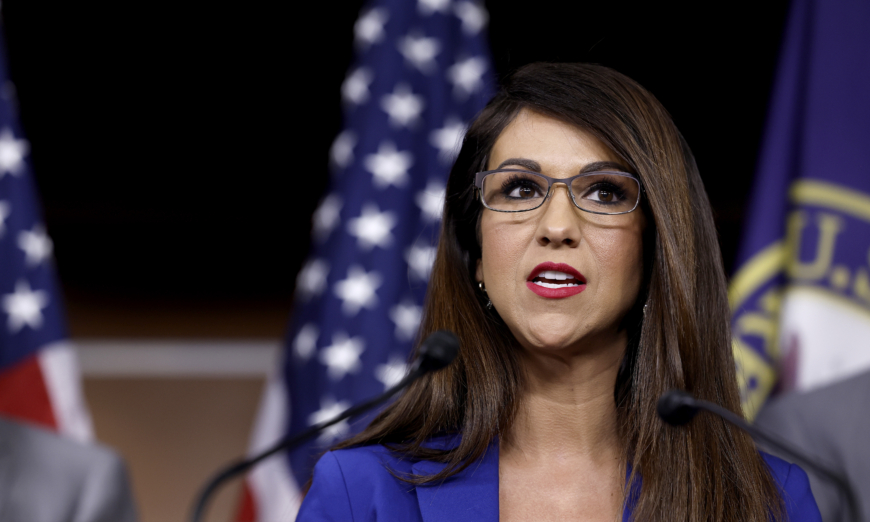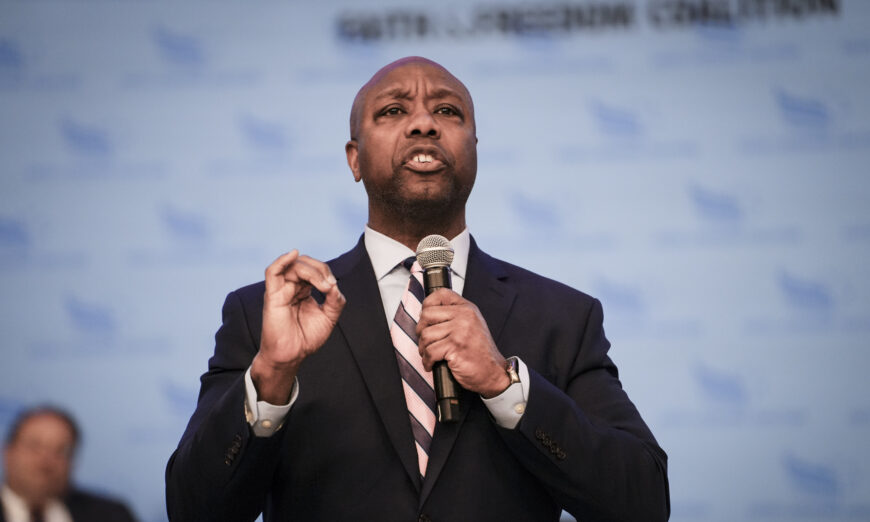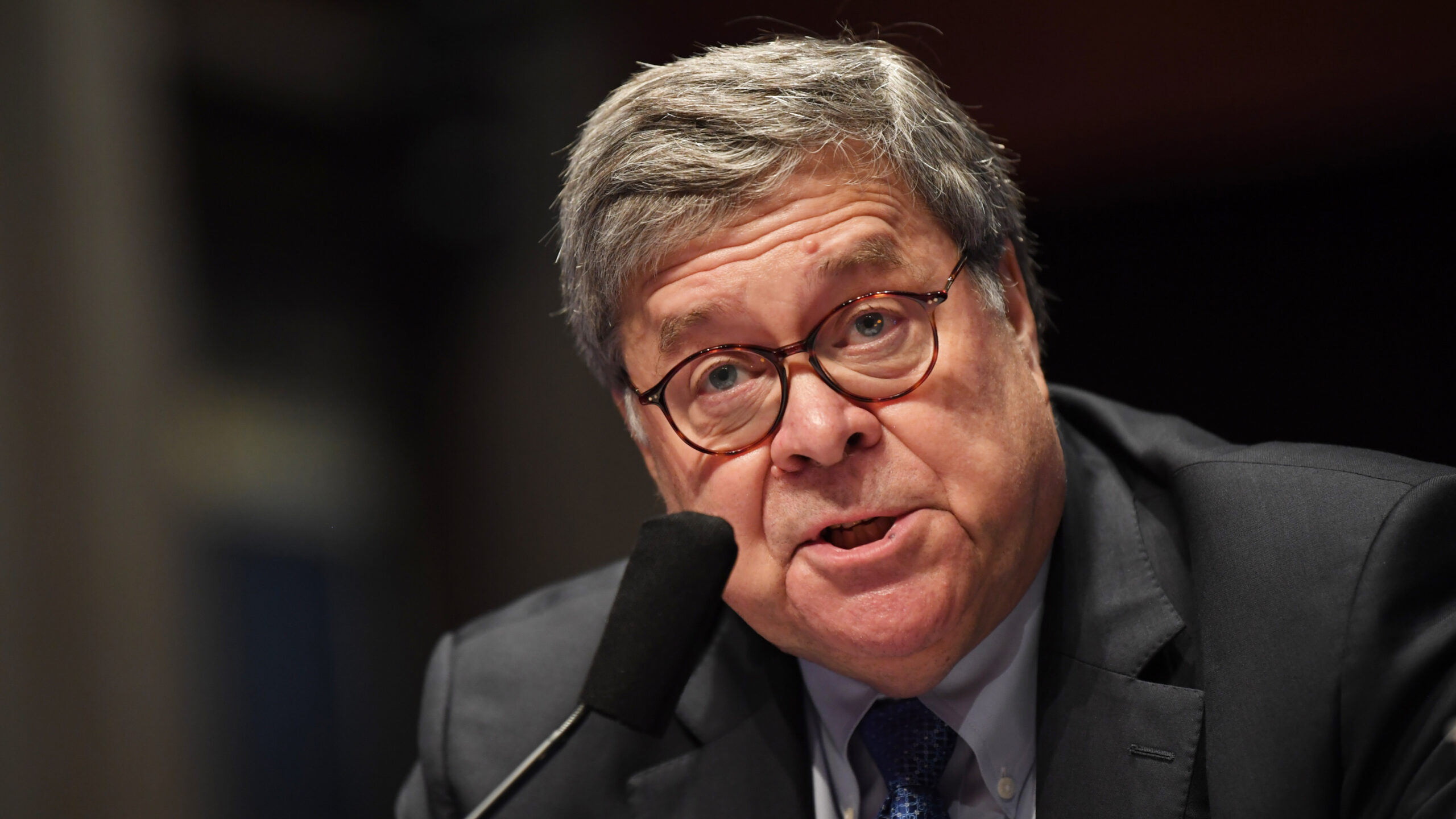Biden fending off pressure to lower price cap on Russian oil
THe Biden administration is resisting pressure to lower the Russian oil price capDespite recent reports of illegal tankers and new data about ship tracking that raise questions about the cap’s effectiveness, it maintains that it is meeting its stated goal to limit Moscow’s oil revenues.
Officials at the Treasury Department have maintained that there is no evidence to support this assertion. Cap So far, has achieved its twin goals of driving Russia’s economy down. Oil revenue While also keeping its barrels available for sale.
RUSSIA’S INVASION OF UKRAINE ONE YEAR AGO: AN ENERGY WAR AND MASSIVE DRUPTIONS
During her White House visit last Wednesday, President Joe Biden informed President Ursula von der Leyen, President of the European Commission, that there was. “no desire” Washington will reduce the $60 cap price, despite pressure from European countries. Wall Street Journal reported This week.
It is not easy to get a good picture of what Moscow is shipping and the prices that Indian and Chinese buyers have paid for Russian supplies.
This is partly due to the large number of unregistered vehicles. “shadow tankers” Moscow has accumulated oil to sell outside the cap. Trafigura, the trading giant, estimated last month that there are around 400 crude oil tanksers. There are also conflicting reports about how high Russian oil trades.
The average price of Russian crude oil continued to rise to $74 per barrel over the four weeks following the introduction of the oil price cap, according researchers from Columbia University and the Institute of International Finance. Report Published earlier this month.
It’s about 25% above the $60 cap price for Russian crude oil and $22 higher that the Urals trading price December 2012, which was based on prices only $52 per bar.
According to researchers, the high prices are due to two factors. Russia’s dependence on illegal tankers (which they estimate transported around 50% of Moscow’s crude exports in December), and a greater lack of transparency and enforcement by Western service providers when implementing the cap.
Although it is legal for Moscow to use nonwestern shippers to deliver its oil to nonsanctions countries like China and India, the G-7 coalition has not established a central repository to collect attestations of Western service providers, or audit those not complying with the cap.
“When you introduce an oil price cap and you ask people how much Russia is getting money, nobody knows,” Maxim Mironov is a professor of finance at the IE University Business School. He was also co-author of this research paper.
JPMorgan Chase was also launched earlier this month. Forecast Russia will be able maintain its oil output at pre–Ukraine invasion levels, 10.8million barrels per day. This is supported by strong demand from China & India, which it anticipates will increase by a combined 1,000,000 bpd.
Due in part to Russia’s stronger-than-expected exports, pressure is rising from some coalition countries to lower the capped price to cut into Russian President Vladimir Putin’s war chest. Estonia, Poland and Lithuania, all members of the European Union, pressed the European Commission to lower the cap to $51.45 at the end this month. The Biden administration has not resisted.
Estonia is for its part. So called To reduce by half the Russian price cap, and called on the coalition for stronger enforcement.
International Working Group on Russian Sanctions of Stanford University, comprised 60 independent experts from around the world, also recommended that prices be reduced in its latest report. EvaluationThis article was published one year after Russia’s war against Ukraine.
The group called on a total $30 reduction on Russian oil products. It would apply in increments of $10 every 2 months.
But the United States and other coalition countries have so far resisted this effort — due in part to concerns that slashing the cap could prompt Russia to take its oil off the market, threatening global supply.
CLICK HERE TO READ MORE ABOUT THE WASHINGTON EXAMINER
Officials from the Treasury Department, including Ben Harris, Treasury’s assistant secretary to economic policy, have reiterated this view. Harris told reporters this week that the cap had been reached a “best case scenario” U.S. leaders view the outcome.
One could take a look at the data, and say: “‘OK, fine, barrels are flowing. That’s fine,'” Harris spoke out about Russian crude oil exports. “But are you driving down Russian revenue? And the answer is decidedly yes.”
“Read More from” Biden resists the pressure to lower the price cap for Russian oil”
“The views and opinions expressed here are solely those of the author of the article and not necessarily shared or endorsed by Conservative News Daily”
" Conservative News Daily does not always share or support the views and opinions expressed here; they are just those of the writer."





